QuestionQUESTION: Hi Ron I have a problem with my aquarium. It's a 4 ft 55 gallon that 's been set up for 9 years. I keep african cichlids(mbunas). The ph was 7.8 ammonia 0 nitrite o nitrates 15-25. For the past week the water has been cloudy (not green). I had the water checked and ammomia & nitrite are 0 , nitrates 10 & ph 7.2. I've cut back on feeding lateley & fast the fishes 1 day per week (usually after water change). When i do feed, I feed only what they can consume in 20-30 seconds-which can be pretty much compared to other species. AS I already said, I do a 25-30% water change weekly ; so my question is why did the ph drop and the water get cloudy? Also (forgot to mention) The fish have alot of faeces(colored)all over the gravel. I dont bthink I overfeed, wondering what have they been eating as there is no algae on the glass only a little covering some of the rocks(also i have a lot of tufa rock, which i thought was supposed to help keep ph up and my ph out of tap here is 7.6 or 7.7) Any advice/sugesstions? I'm puzzled ! Thanks, Alex
;
ANSWER: Hi Alex,
Are all your fishes accounted for? In other words, could there be a dead body somewhere in the back of the tank that is rotting and causing the cloudiness? (That would be my suspicion).
-- Ron
rcoleman@cichlidresearch.com
Cichlid Research Home Page <http://cichlidresearch.com>
---------- FOLLOW-UP ----------
QUESTION: There are only 7 fishes in the tank & all are accounted for. Can an established tank that has been running for 9 years get cloudy from doing a larger water change(50-60%)? or too frequent 25-30%? I read somewhere years ago, that nitrifying bacteria couldnt be physically siphoned out. It's a well established tank , thought it would bounce back in a few days. Thanks again ! Alex
ANSWER: Hi Alex,
You can't do water changes too frequently, however, you can change too much water at once. I generally stick to about 25% but sometimes go as high as 50%. It is rather unusual for a well-established tank to go cloudy, unless either a fish died (which you say has not happened), or someone dumped a large bunch of fish food in the tank (which I assume you would have mentioned) so it remains a puzzle. The only other thing I can think of is if you had really thick gravel, e..g, 3 inches or so, and that it had gone anoxic at the bottom but got stirred up when you did a large water change. Is that a possibility?
-- Ron C.
rcoleman@cichlidresearch.com
Cichlid Research Home Page <http://cichlidresearch.com>
---------- FOLLOW-UP ----------
QUESTION: That may be possible, my gravel isnt 3" thick but is 1.5 to 1.75" @ some points. A month ago after treating the tank for parasites (using Prazipro) I took all the tufa rock out and soaked it for a while in hot water- as hot as I could get from my tap. Then I did a thourough,deep gravel vaccuum ;all the gravel (large water change). The water has been clear @ one point since then, but goes back to being cloudy. The fishes produce alot of faeces as they did when I finished with the Prazipro. As I wondered before, what are they eating? I dont think I overfeed, but the faeces all over the gravel looks like I had a pleco in there! but I dont. I did a water change on Wednesday, no food Thursday, small feeding Friday and today Saturday it's cloudier than when I did the waterchange. I think the WC on Wednesday was too large, guess I'll do smaller WC when & if it clears up. Could I buy a bottle of nitrifying bacteria and clear it up ? or with an established tank should I even have to do that. I think the problem is I did now 2 very large water changes & a couple of smaller ones too. I thought it would quickly replenish nitrifying bacteria numbers. Should I wait a week for it to clear up? or how long before I do another water change? Thanks again Alex
AnswerHi Alex,
I would never put bacteria in an established tank. It won't do anything other than cost you money.
The mystery of what the fishes are eating is intriguing. I assume that there isn't someone else who might be feeding the fish without you knowing? (This happens far more often than you might think).
-- Ron C.
rcoleman@cichlidresearch.com
Cichlid Research Home Page <http://cichlidresearch.com>

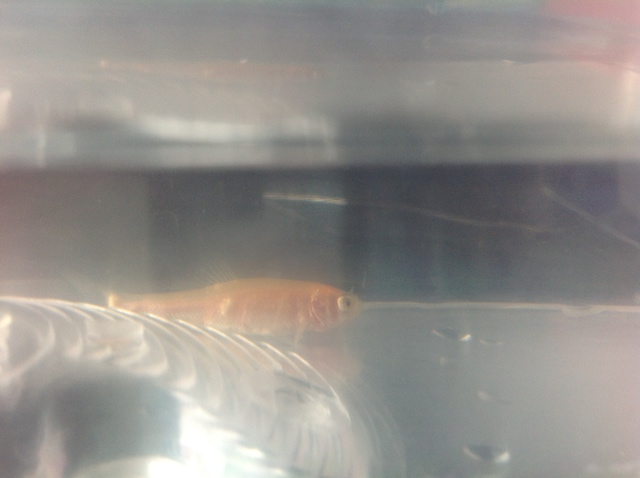 My fish has weird bumps
Question
Side view Front view
Hi there! I
My fish has weird bumps
Question
Side view Front view
Hi there! I
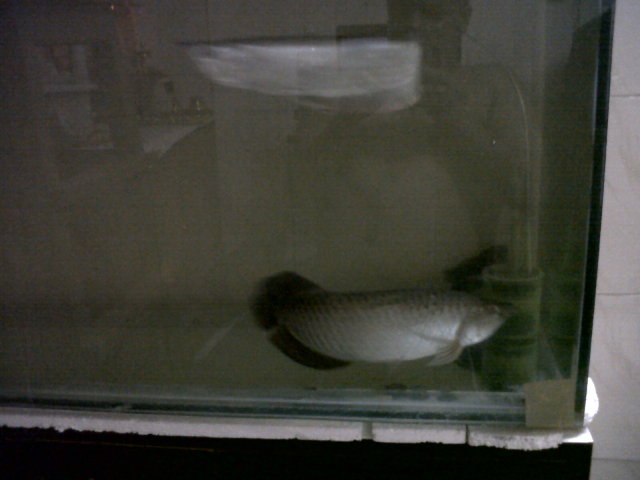 Keeping 11
QuestionQUESTION: As i have mentioned above i have two
Keeping 11
QuestionQUESTION: As i have mentioned above i have two
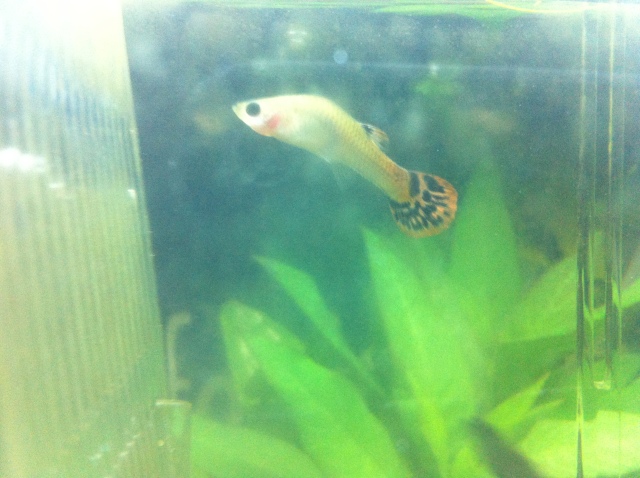 Female guppy with bent spine
QuestionQUESTION: I have a female guppy which has devel
Female guppy with bent spine
QuestionQUESTION: I have a female guppy which has devel
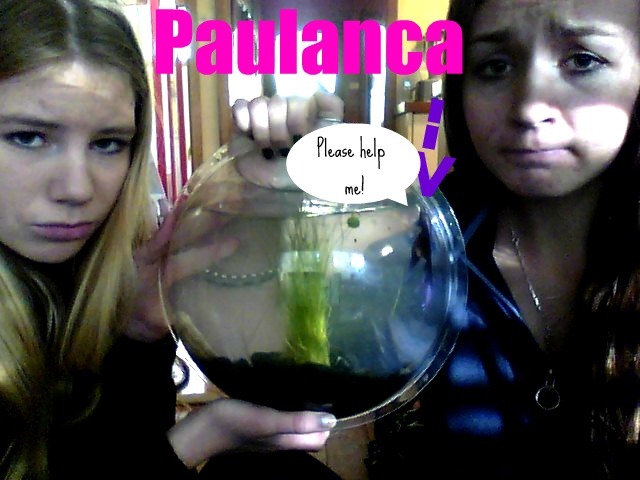 My Betta Fish; Sir Paulanca the 2nd.
Question
Sir Paulanca the 2nd
Ive had Paulanca for a bi
My Betta Fish; Sir Paulanca the 2nd.
Question
Sir Paulanca the 2nd
Ive had Paulanca for a bi
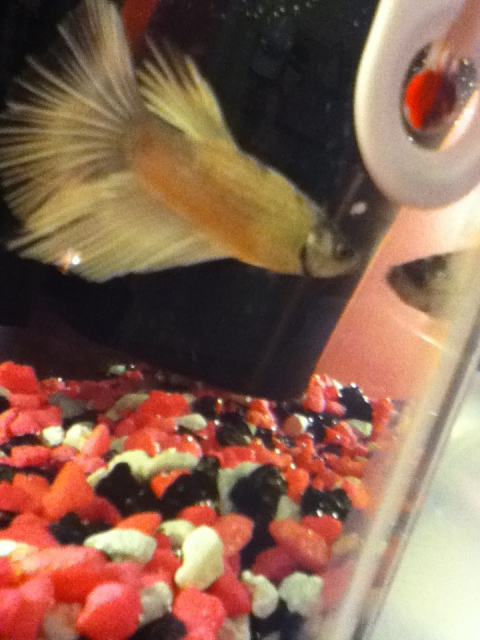 Beta Friends?
Question
This is Gunther
Hi there,
Just a quick
Beta Friends?
Question
This is Gunther
Hi there,
Just a quick